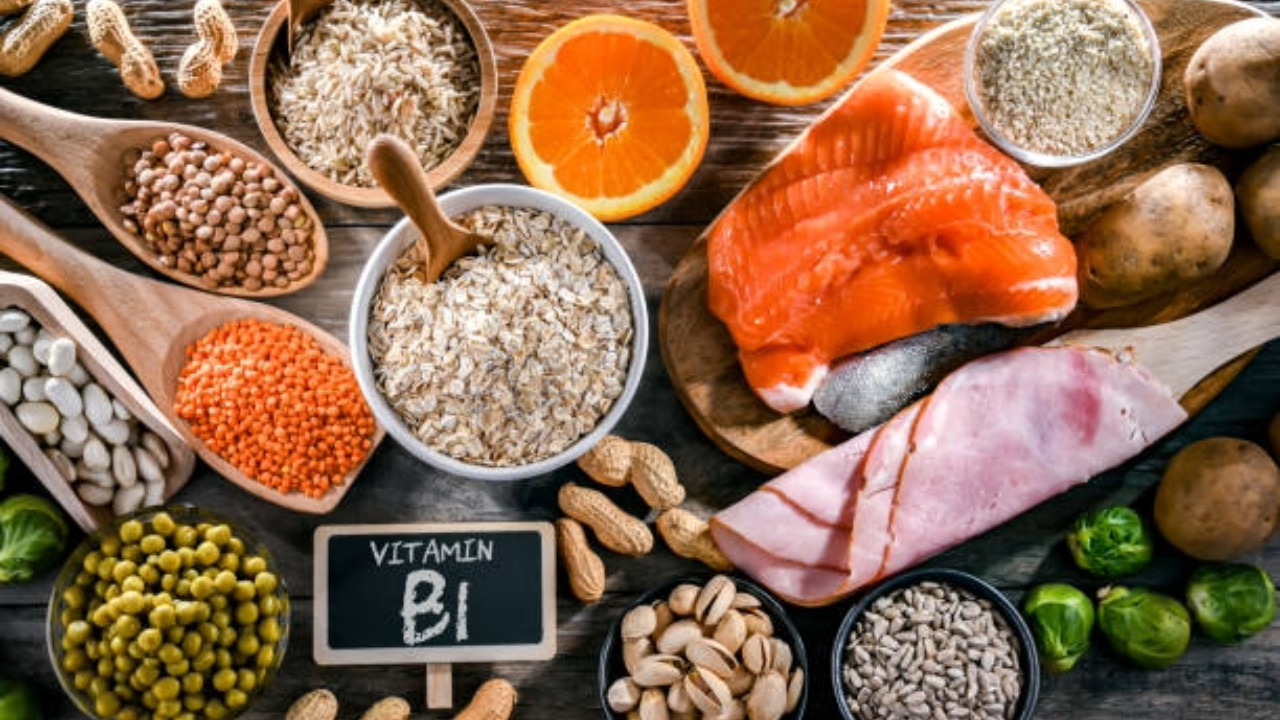A vitamina B1, também conhecida como tiamina, desempenha um papel vital no funcionamento adequado do corpo humano. É essencial para o metabolismo de carboidratos, que são a principal fonte de energia do organismo, e desempenha um papel importante na função cerebral e no sistema nervoso. Neste texto, vamos explorar a importância da vitamina B1 para a saúde, suas fontes alimentares e como garantir uma ingestão adequada desse nutriente essencial.
Importância da Vitamina B1
A vitamina B1 é fundamental para o metabolismo de carboidratos, que são convertidos em energia para o corpo. Além disso, a tiamina desempenha um papel crucial na função cerebral e no sistema nervoso, ajudando na transmissão de sinais entre os neurônios e na manutenção da saúde mental. Sem uma ingestão adequada de vitamina B1, o corpo pode enfrentar uma série de problemas de saúde, incluindo deficiência energética, danos nos nervos e disfunções cerebrais.
Fontes Alimentares de Vitamina B1
Felizmente, a vitamina B1 está presente em uma variedade de alimentos comuns. Algumas das melhores fontes alimentares de tiamina incluem grãos integrais, como arroz integral e aveia, legumes, como feijão e lentilha, sementes, nozes e carnes magras, como frango e peixe. Vamos explorar essas fontes alimentares em detalhes, destacando como incorporá-las em uma dieta saudável e equilibrada.
- Benefícios para a Saúde: Além de seu papel no metabolismo e na função cerebral, a vitamina B1 oferece uma série de benefícios para a saúde. Ela ajuda a manter o sistema cardiovascular saudável, regulando a função cardíaca e reduzindo o risco de doenças cardíacas. Além disso, a tiamina desempenha um papel na manutenção da saúde ocular, da função muscular e do sistema imunológico.
- Riscos de Deficiência de Vitamina B1: A deficiência de vitamina B1, conhecida como beribéri, é uma condição séria que pode afetar vários sistemas do corpo. Os sintomas de deficiência de tiamina incluem fraqueza muscular, fadiga, perda de apetite, problemas de memória e confusão mental. Identificar os sintomas precoces de deficiência de vitamina B1 e tomar medidas para corrigi-la é essencial para manter a saúde ótima.


